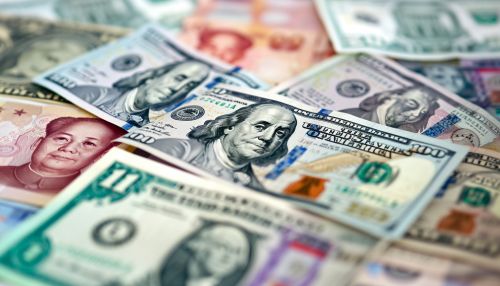Base Currency
Overview
The term "base currency" refers to the first currency quoted in a currency pair on foreign exchange. It's the accounting currency or domestic currency. In terms of direct and indirect quote, the base currency is the foreign in a direct quote but is the domestic currency in an indirect quote. It is also known as the primary currency.
Definition
Base currency is the first currency in any currency pair. It shows how much the base currency is worth relative to the second currency. For example, if the USD/CHF exchange rate is 0.95000, then one U.S. dollar is worth 0.95 Swiss francs. In this case, the U.S. dollar is the base currency.


Importance in Forex Trading
In forex trading, the base currency is the basis for trades. Traders buy or sell the base currency and pay with or receive the counter currency. The base currency is considered the short position because you are "selling" the base currency to purchase the quoted currency. In turn, you are "buying" the quoted currency.
Determining the Base Currency
The base currency is determined by its priority in the global economy. For example, the U.S. dollar is typically considered the base currency for quotes because it is the world's primary reserve currency. Other currencies, like the Euro, the British pound, and the Australian dollar, are also commonly used as the base currency because of their large economies and significant global trade roles.
Role in Exchange Rates
The base currency plays a crucial role in determining exchange rates. The exchange rate tells you how much of the counter currency it takes to buy one unit of the base currency. If the base currency strengthens, the exchange rate increases, and if the base currency weakens, the exchange rate decreases.
Impact on International Trade
The base currency has a significant impact on international trade. It affects the price of imports and exports, which in turn influences the balance of trade. A strong base currency makes imports cheaper and exports more expensive, potentially leading to a trade deficit. Conversely, a weak base currency makes imports more expensive and exports cheaper, potentially leading to a trade surplus.
Impact on Economy
The strength of the base currency can have a significant impact on the overall economy. A strong base currency can lead to inflation, as it makes imported goods cheaper. Conversely, a weak base currency can lead to deflation, as it makes imported goods more expensive. The strength of the base currency can also affect the country's interest rates and its level of foreign reserves.
